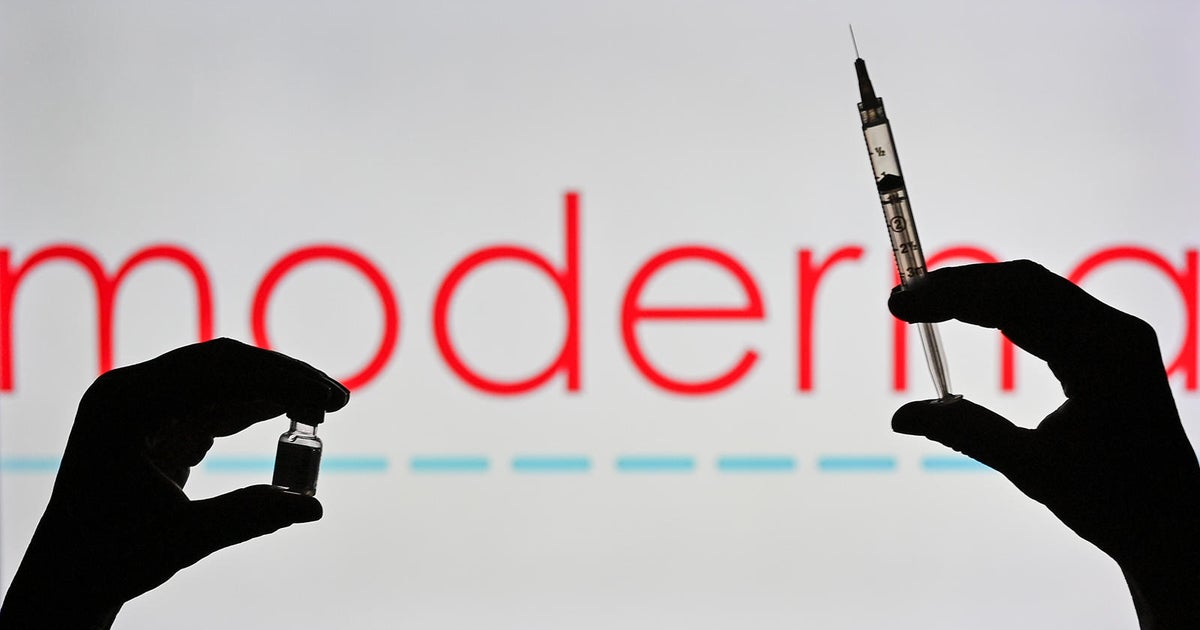5 things you should know about coronavirus treatments from Dr. David Agus
Editor's Note: The FDA on April 24 cautioned against the use of hydroxychloroquine or chloroquine "outside of the hospital setting or a clinical trial." The agency said it is "aware of reports of serious heart rhythm problems in patients with COVID-19" when treated with the drugs, and that they have not been shown to be "safe and effective for treating or preventing COVID-19."
President Trump announced Thursday that malaria drugs chloroquine and hydroxychloroquine will be made available "almost immediately" to treat coronavirus patients. He also announced the FDA is looking at remdesivir, an intravenous drug created to treat Ebola, but would make it available for "compassionate use," a way for doctors to use unapproved drugs to treat patients who are critically ill.
CBS News medical contributor Dr. David Agus joined "CBS Evening News" to discuss the drugs.
1. Hydroxychloroquine is "hope personified" for those with COVID-19
Hydroxychloroquine and chloroquine were approved by the FDA more than 50 years ago and are widely available. Dr. Agus told us that if a patient has tested positive for COVID-19, he would advise them to talk to their doctor today about its potential role: "This drug is hope personified to every person with disease, especially the people who are higher risk or elderly."
Dr. Agus said the drug works in two ways: "one is it blocks virus. And the second is it tempers down inflammation, both of which play a role probably in how it's benefiting patients with COVID-19."
2. People need to be treated "as early as possible"
In addition to patients who have already tested positive, Dr. Agus advises the drug should be prescribed to people "as they have symptoms, even before the test results are back," or to those who have been exposed to virus. "If we can intervene early, hopefully we can prevent the spread of this," he said.
3. There is "remarkable data" from other countries about the two drugs
While the effects of chloroquine and remdesivir on coronavirus have not been fully studied in the U.S., Dr. Agus said countries in Asia "routinely" use them, "and there's remarkable data there about slowing the progress of the disease."
4. Sacrifices made to stop the spread of COVID-19 "are going to pay off"
Three days ago the White House issued new guidelines to "Stop the Spread" of the virus with social distancing. "These sacrifices are going to pay off," Dr. Agus said. "I'm optimistic, I'm hopeful with the behavior changes our country has made, as well as with these medications announced today that we're really at a new point and a point where I could see, at some point light at the end of the tunnel."
5. On the urgent need for blood donations: "other diseases aren't stopping"
CBS News has learned that more than 4,500 Red Cross blood donations have been canceled since the coronavirus outbreak began, resulting in 150,000 fewer blood donations. Dr. Agus told us that while the coronavirus outbreak is at the top of mind for most people, "other diseases aren't stopping. People are still getting cancer and have low blood counts and need transfusions people are still getting in car accidents, people still are having the flu and other things and we need to keep the medical system going. Having an adequate supply of blood is critical for that, so please everyone step up. We are one community we have to work together to help each other."
More stories



